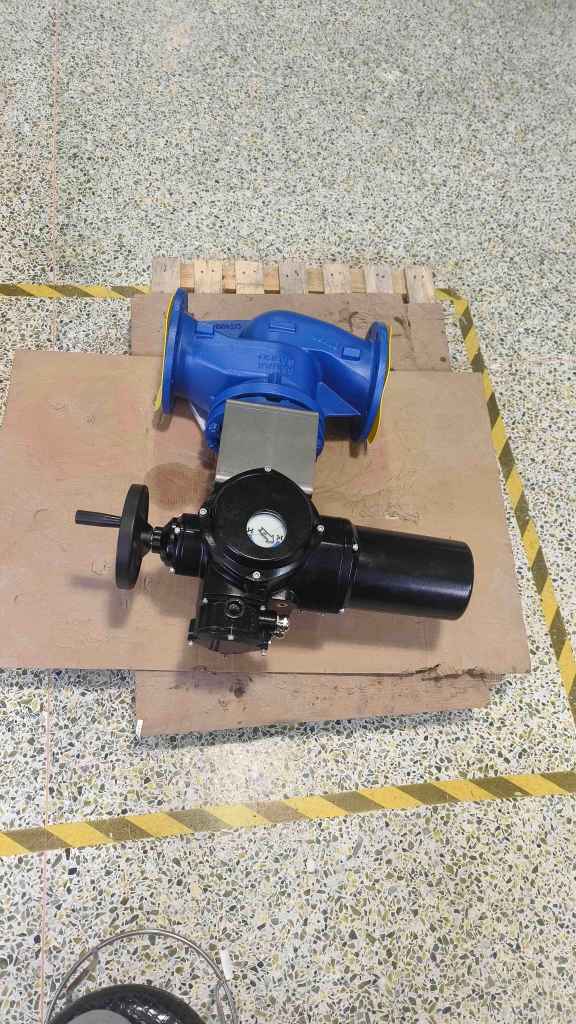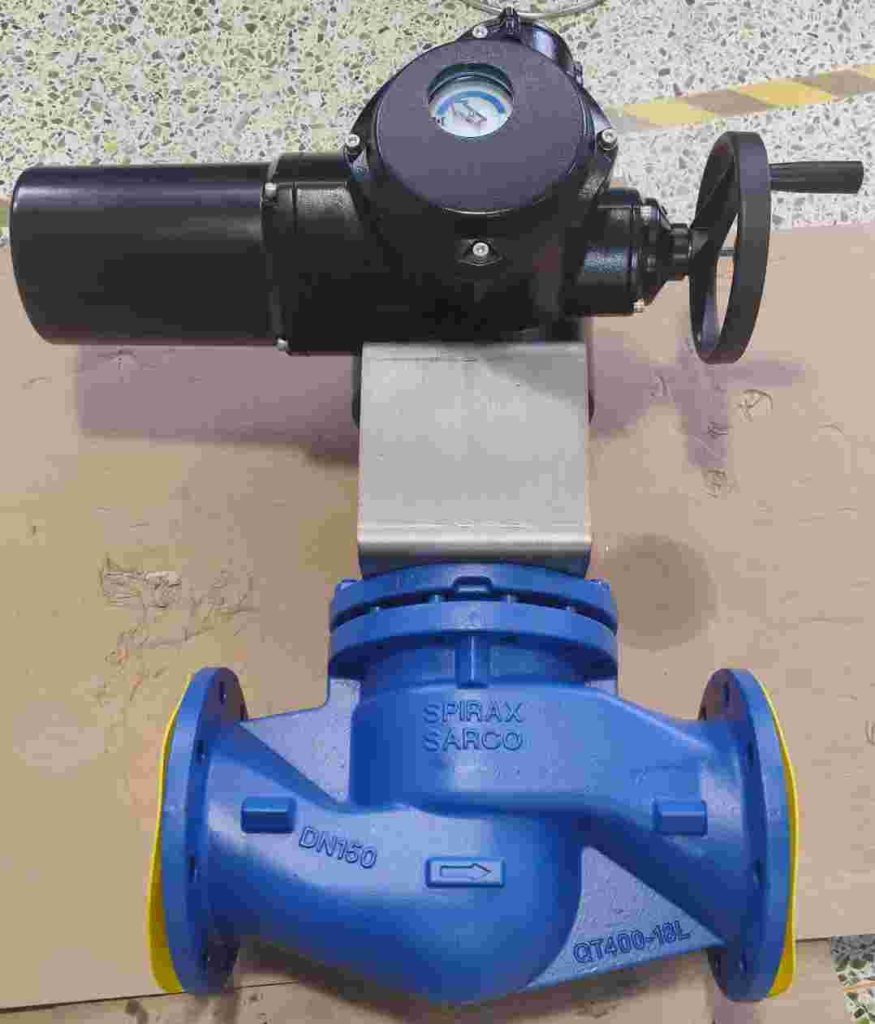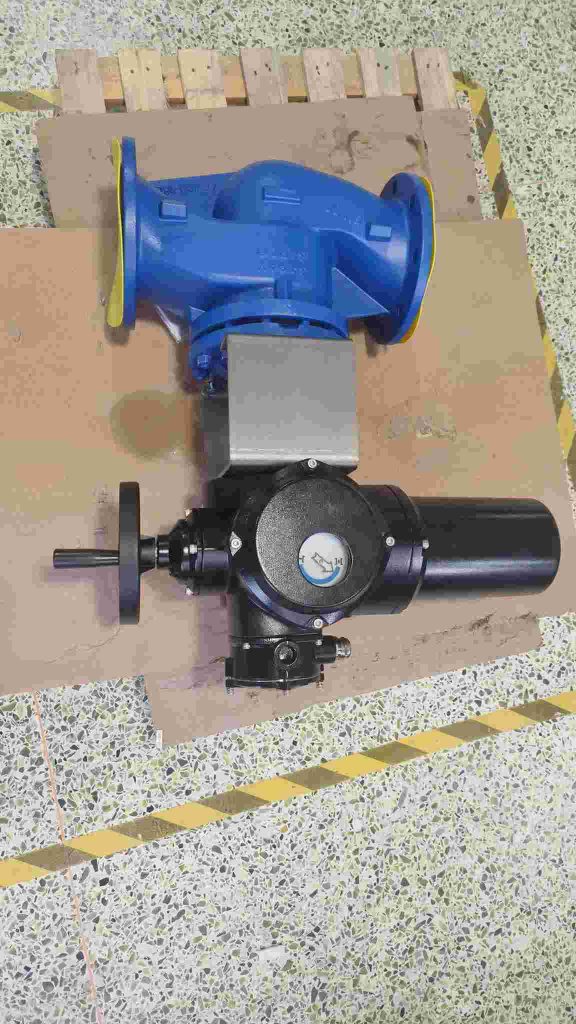The electric bellows stop valve is an essential component in modern industrial automation systems, playing a crucial role in controlling the flow of fluids in pipelines and ensuring the proper functioning of various processes. These valves are particularly valuable in sectors such as oil and gas, water treatment, and chemical processing, where precise control of fluid flow is essential. This article will explore the functionality of electric bellows stop valves, their significance in automation systems, and highlight the contribution of Helite Automation in optimizing their performance.

What is an Electric Bellows Stop Valve?

An electric bellows stop valve is a specialized type of valve designed to control the flow of fluids, typically liquids or gases, within a pipeline system. It features a bellows-type seal, which provides a flexible and reliable barrier to prevent leakage. The valve’s most notable characteristic is its integration with an electric actuator, allowing for remote or automated control. The electric actuator in an electric bellows stop valve uses electrical energy to control the opening and closing of the valve, providing precise regulation of fluid flow. This contrasts with manual valves, which require physical operation, and pneumatic or hydraulic valves, which rely on air or fluid pressure to operate. Electric bellows stop valves are particularly beneficial in applications where precision, reliability, and remote control are essential.
